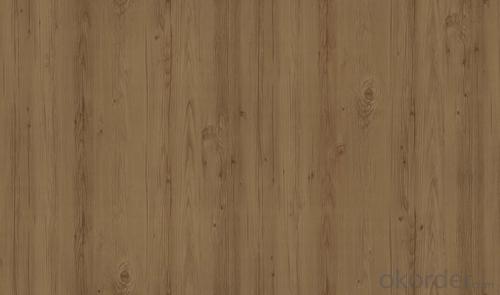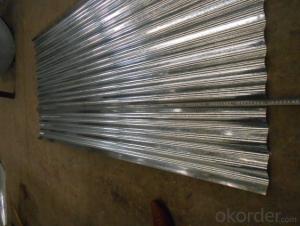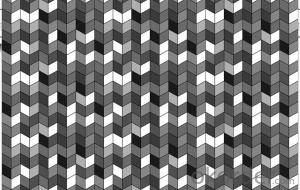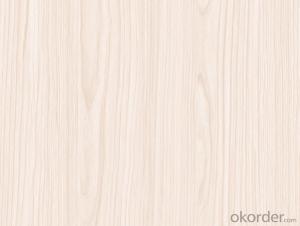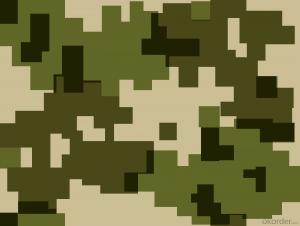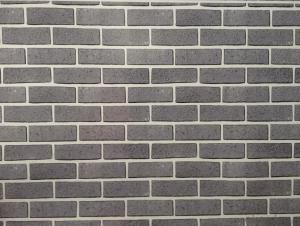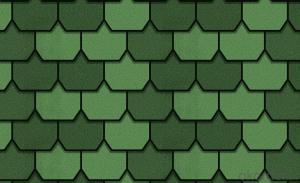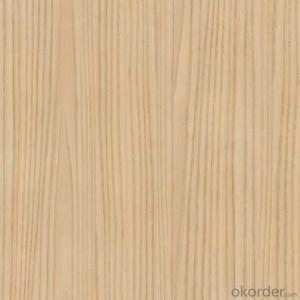color bond surface coating steel plate--XY003
- Loading Port:
- China Main Port
- Payment Terms:
- TT OR LC
- Min Order Qty:
- -
- Supply Capability:
- -
OKorder Service Pledge
OKorder Financial Service
You Might Also Like
Color bond surface coating steel plate :
more than ten years experiences, the products are sold to the domestic city and some international cities we strivc to develop production of color coating steel plate the plating (aluminum )zinc steel. Coil cheickness between 0.6mm and 1.5mm and the width from 600mm to 1250mm and a variety of high durability of color coating steel plate.
the company has multiple layer patterns for customers to choose The company provides products deep processing services ,meet the various needs of customers on board specifications All of out products comply with international quality standards and are greatly appreciated in a variety of different markets throughout the world if you ate interested in any of our products or would like to discuss a custom order please feel free to contact us we are looking forward to forming successful business relationships with new clients around the world in the near future.
We can design the color and thickness according to customers' requirements. The delivery time is only 30 day after you confirm the order.
- Q: How do steel sheets perform in weather resistance?
- Steel sheets are highly weather resistant due to their durable composition and protective coatings, making them resistant to corrosion, rust, and extreme weather conditions.
- Q: What is the difference between hot dipped galvanized and electro galvanized steel sheets?
- The main difference between hot dipped galvanized and electro galvanized steel sheets lies in the process of coating. Hot-dipped galvanized steel sheets are coated by immersing them in a bath of molten zinc, which creates a thicker and more durable layer of zinc compared to electro galvanized steel sheets. On the other hand, electro galvanized steel sheets are coated by an electrolytic process, where a thin layer of zinc is applied to the steel surface. This makes electro galvanized steel sheets more suitable for applications that require a thinner coating and a smoother finish, while hot-dipped galvanized steel sheets provide excellent corrosion resistance and are often used in more heavy-duty applications.
- Q: Can steel sheets be used in acidic environments?
- In acidic environments, steel sheets can be utilized, but it is crucial to select the appropriate steel and take necessary precautions. Stainless steel, especially grades containing high levels of chromium and nickel, exhibits remarkable resistance against corrosion and can endure acidic environments. When these steel sheets come into contact with oxygen, they develop a passive protective layer on their surface, which halts further corrosion. Nevertheless, not all steel types are suitable for acidic environments. Carbon steel, for instance, is susceptible to corrosion under acidic conditions and is not recommended for such applications. Furthermore, the concentration and temperature of the acid can impact the performance of steel sheets. To ensure optimal performance in acidic environments, it is advisable to seek advice from steel suppliers or corrosion engineers who can suggest the most suitable steel type for specific conditions. Regular monitoring and maintenance of the steel sheets are also important to prevent any potential damage or corrosion.
- Q: Can steel sheets be used for shipping containers?
- Yes, steel sheets can be used for shipping containers.
- Q: What does "steel plate 10t" mean in the specification column of engineering material?
- 10T refers to the steel plate thickness of 10mm.Steel plate is made of molten steel, cooled and compressed into flat steel.The steel plate is flat, rectangular, and can be rolled directly or cut from a wide strip of steel.
- Q: Stainless steel plate how to cast mirror plate?
- Our company specializes in stainless steel surface treatment, providing all types of stainless steel pickling and passivation processing business.The company adopts advanced passivation process and self matching passivation reagent, according to your passivation requirements for the preparation of products, targeted, fully guarantee your passivation process all the requirements.
- Q: How are steel sheets protected during storage in outdoor environments?
- Steel sheets in outdoor environments are often protected through various measures. One effective technique involves applying a protective coating onto the surface of the sheets. This coating serves as a barrier, preventing direct contact between the steel and moisture or other environmental factors. It can take the form of paint, varnish, or a specialized substance that resists corrosion. Additionally, to provide an extra layer of protection, steel sheets can be covered with plastic wrap or a tarpaulin. This shields them from rain, snow, and other weather conditions that could potentially lead to rust or corrosion. Moreover, proper stacking and storage techniques play a crucial role in safeguarding steel sheets. It is important to store them in a dry and well-ventilated area, preferably on pallets or racks to keep them off the ground. Ample space between the stacks allows for air circulation, minimizing the risk of moisture accumulation. Regular maintenance and inspection are vital to ensure continuous protection of steel sheets in outdoor storage. The protective coating should be periodically examined for any signs of damage or wear, and any necessary touch-ups or reapplications should be promptly carried out. By implementing these protective measures, steel sheets can be shielded from the harsh elements commonly found in outdoor environments. This guarantees their longevity and preserves their quality.
- Q: Can steel sheets be used for manufacturing shipping containers?
- Yes, steel sheets can be used for manufacturing shipping containers. Steel is a common material choice for shipping containers due to its strength, durability, and ability to withstand harsh environmental conditions. Steel sheets are used to construct the walls, floors, and roofs of shipping containers, providing a secure and reliable structure for transportation and storage purposes.
- Q: How do I print the steel plate?
- It's not print. It was corrosion first. It's laser engraving. Now it's 20 watts above the laser to carve the metal
- Q: Are steel sheets resistant to electromagnetic interference?
- Yes, steel sheets are generally resistant to electromagnetic interference due to their high electrical conductivity and ability to block or absorb electromagnetic waves.
Send your message to us
color bond surface coating steel plate--XY003
- Loading Port:
- China Main Port
- Payment Terms:
- TT OR LC
- Min Order Qty:
- -
- Supply Capability:
- -
OKorder Service Pledge
OKorder Financial Service
Similar products
Hot products
Hot Searches
Related keywords

